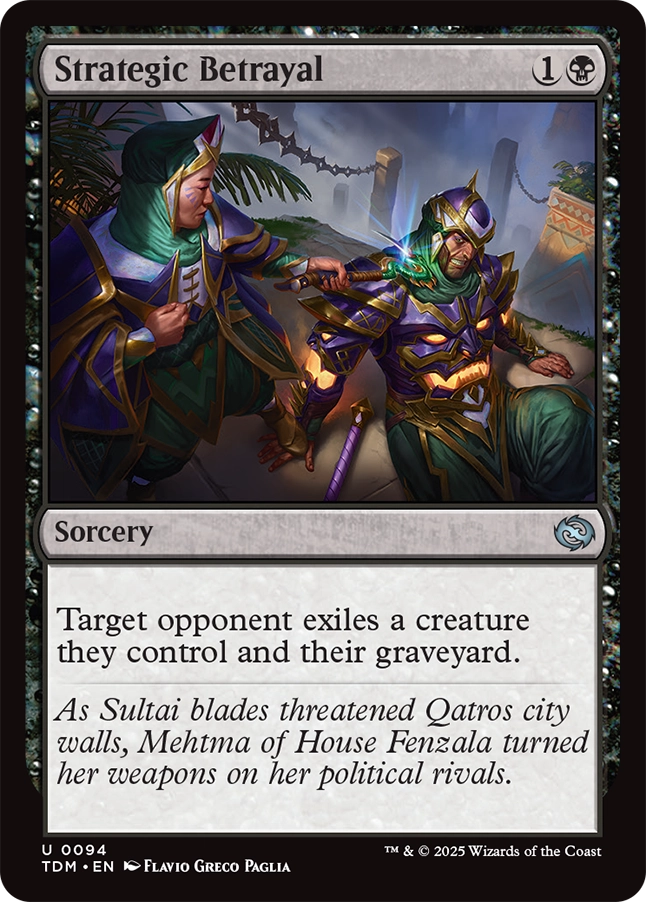Perfecting the Mind - Thoughts on Keeping your Head in the Game
After returning to Arena and getting a lot more into the competitive aspect of things (shooting for high finishes on ladder, prepping for qualifier weekends, etc), I've found this sort of thing coming up often. I generally found more success in my games when I wasn't focused on a goal and only played for fun, but as I discover myself doing well, I want to continue doing well... and suddenly I lose my head. While I would love to blame toppling from top 100 to 97% Mythic last season in a dozen matches on a streak of bad matchups, in reality I had simply lost my ability to play well because I had lost the mindset I needed to succeed. I'll admit, currently I'm taking a small break from intense Arena play in an effort to regain my cool. In that attempt, there are three truths about the world that I remind myself of regularly. I'd like to share them with you now.
This one is perhaps the most important and easiest to internalize. Especially as you climb higher on the ladder, your opponents are going to get better, the decks are going to be get better, and you're going to find it much more difficult to steamroll the competition like you might have in Gold or even Platinum. A 60% WR means you are winning more than you're losing, which is undeniably a good thing--I know there are many who would kill for that kind of win rate. That being said, that means you are going to lose almost half the time. In any given match, even with a stellar 60% win rate, you are almost as likely to lose as you are to win. Therefore, (as silly as it is to say), do not ascribe more meaning to a loss than there actually is. This segues quite nicely into my next thought.
Magic (and essentially all TCGs, for that matter) is by nature a game of variance. The top of the deck can be a fickle mistress. Lands when you want them, lands when you don't it happens often, sometimes more often than we think is reasonable. This means that in many games, even if your technical play was better than PVDDR or your understanding of the game better than Finkel, you will still lose. The numbers are almost certainly not accurate, but this is still the best advice I've ever received in playing competitive TCGs: "25% of the time your opponent is guaranteed to win. 25% of the time you are guaranteed to win. Focus on the 50% where your decisions actually matter".
The issue with this, of course, is that sometimes it's difficult to tell what kind of match we're in while we're in it. We can't know beforehand if our opponent held a counter for our bomb, or if they got flooded while we curved out. The trick with this piece of advice is to take stock of your games after the fact, and identify whether your decisions mattered in this game or not. This is not to say you should stop playing well if it looks like it's hopeless in the match--far from it. It suggests you should play well and make what you think are the best decisions, but if it turns out that there was no way out of that game no matter what you did, don't beat yourself up about it. Make the right decisions, then identify when that mattered and revel in the fact that you outsmarted your opponent.
There was a Numberphile video a while back (link for those interested) that tried to teach a simple but intuitively ridiculous concept: in possible outcomes of some sizeable number of random draws, there are more combinations that contain large streaks of the same outcome than there are without. When presented with a human-made string of 20 different outcomes of a coinflip, the presenter is able to predict what those will become because the creator, attempting to simulate chaos, didn't make the streaks of consecutive heads or tails long enough. "Randomness is lumpy", the presenter says. What that means is, more often than not, you're going to win or lose 5 games in a row. You're going to draw 5 lands or 5 spells in a row more often than you draw a perfect balance (unless you manaweave, you cheater). So if it feels like you just got mana flooded five games in a row, that just means that the game with random chance in it is really being random.
The trick with all these points is using the reasoning behind them to calm the anger and frustration that comes with the struggles of ladder. The anger is going to make you want to go "the shuffler is rigged! The play-draw algorithm is rigged!" Recognizing the above points, reminding yourself of them, will help you keep your cool and you may find yourself playing better and winning more than without.
Hope that helps. Good luck out there.



Comments
Post a Comment